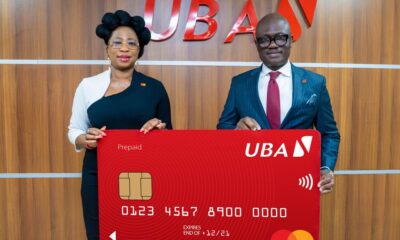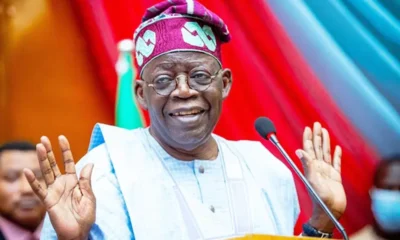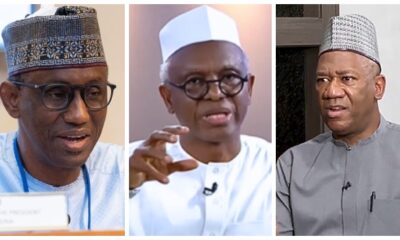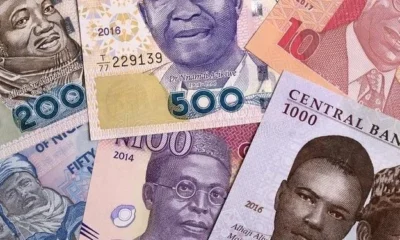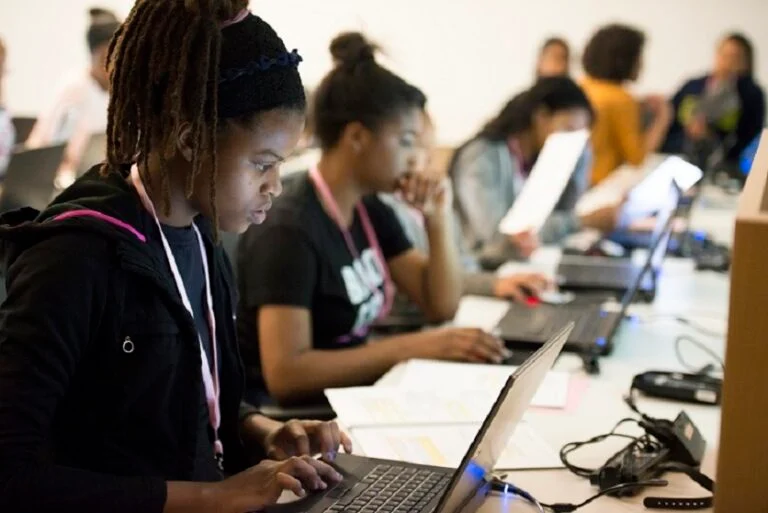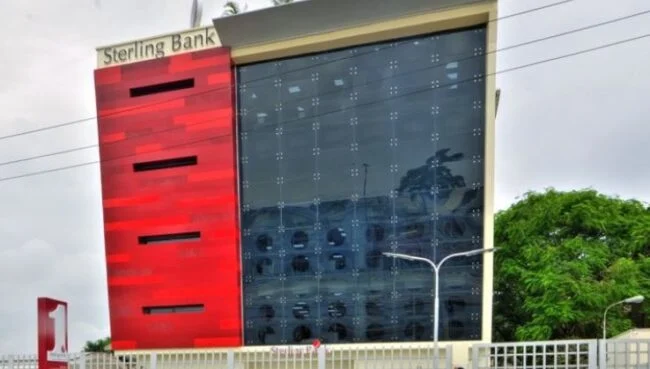Africa’s Global Bank, United Bank for Africa (UBA) Plc, has continued to elevate its global standing, coveting several prestigious international awards, signaling the Bank’s continuous contributions to the economic development of Africa.
The recognition of the bank’s outstanding performance reaffirms its status as a leading player in the financial industry with critical financial intermediation, project financing, trade facilitation and advisory in Africa and beyond.
UBA emerged Global Finance’s Best SME Bank for 2023 in Nigeria, Ghana, and Mozambique, awards that spotlight the bank’s continuous resolve towards supporting small and medium scale businesses which is the life of any growing economy.
Also, the bank, with presence in 20 African countries won the 2023 FMDQ Gold Awards in three key categories of Money Market Liquidity Provider; FX Market Liquidity Provider and Dealing Member of the Year, while UBA was also named as Global Finance’s Safest Bank in Senegal 2023.
Responding to the FMDQ Group Awards, the Group Chairman, Mr. Tony O. Elumelu (CFR) said “this recognition is a testament to UBA’s impressive capital strength and capacity to provide liquidity to African financial markets even in the face of harsh economic realities, our market knowledge, dedication to customer services and the trust of our clients.”
Continuing on the global scene, UBA Ghana clinched the World Business Outlook Awards for 2023 as the Best Banking Services Provider Ghana 2023; Leading Financial Services Institutions Ghana 2023 and the Banking CEO of the Year Ghana 2023 which was won by Mr. Chris Ofikulu, the then CEO of UBA Ghana.
Earlier, the bank was highly celebrated as it clinched nine prestigious awards including the highly coveted Bank of the Year Africa 2023 at The Bankers Awards 2023, organised by The Banker Magazine – a publication of Financial Times of London, the world’s leading business newspaper. UBA’s subsidiaries in eight countries including: Cameroon, Chad, Ghana, Cote d’Ivoire, Mozambique, Republic of Congo, Sierra Leone, and Tanzania, underscoring the bank’s dominance and impact across diverse African markets.
UBA’s Group Managing Director, Oliver Alawuba, who received the awards on behalf of the bank, expressed his gratitude and excitement about the awards, and said the recognitions come as a reassurance that the bank is on track in its goal at consolidating its leadership position in Africa, as it continues to create superior value for its stakeholders.
“UBA is honoured to be named the Bank of the Year in these eight countries and to receive the overall Award for Africa. This accomplishment is a testament to the hard work, dedication, and innovative spirit of the entire UBA team. We remain committed to delivering top-notch banking services that positively impact the lives of our customers across the continent.
Speaking about UBA’s consistent excellence in the financial services sector across the continent which has earned the bank great accolades overtime, Editor of the Banker, Joy Macknight, said that as always, UBA remains a clear winner across a wide range of criteria, having performed impressively across its footprint with a strong financial performance across most of its markets.
“In a year of strong competition among the continent’s major banking groups, UBA has gained the edge on its rivals to win the Bank of the Year award for Africa for the third time in five years. Congratulations. The award recognises the bank’s strength across Africa, including many of its most competitive markets,” Macknight stated.
Only recently, UBA joined companies with N1trillion capitalization having seen its shares grew by over 260% since the beginning of 2023. UBA’s N1tn market capitalisation mark comes amidst the bank’s share being named as the highest performing stock in the banking sector in 2023, which underscores the bank’s robust growth trajectory and unwavering market confidence.
United Bank for Africa Plc is a leading Pan-African financial institution, offering banking services to more than twenty-five (25) million customers, across 1,000 business offices and customer touch points in 20 African countries. With presence in New York, London, Paris, and Dubai, UBA is connecting people and businesses across Africa through retail, commercial and corporate banking, innovative cross-border payments and remittances, trade finance and ancillary banking services.
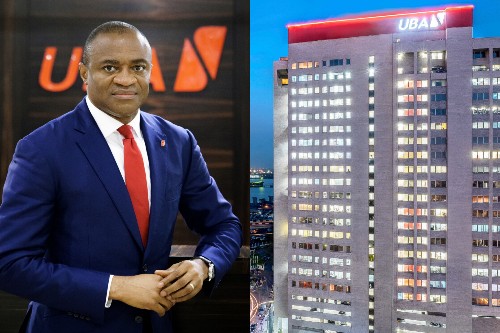

 BIG STORY3 days ago
BIG STORY3 days ago
 BIG STORY22 hours ago
BIG STORY22 hours ago
 BIG STORY4 days ago
BIG STORY4 days ago
 BIG STORY17 hours ago
BIG STORY17 hours ago
 BIG STORY3 days ago
BIG STORY3 days ago
 BIG STORY3 days ago
BIG STORY3 days ago
 BIG STORY2 days ago
BIG STORY2 days ago
 BIG STORY3 days ago
BIG STORY3 days ago








